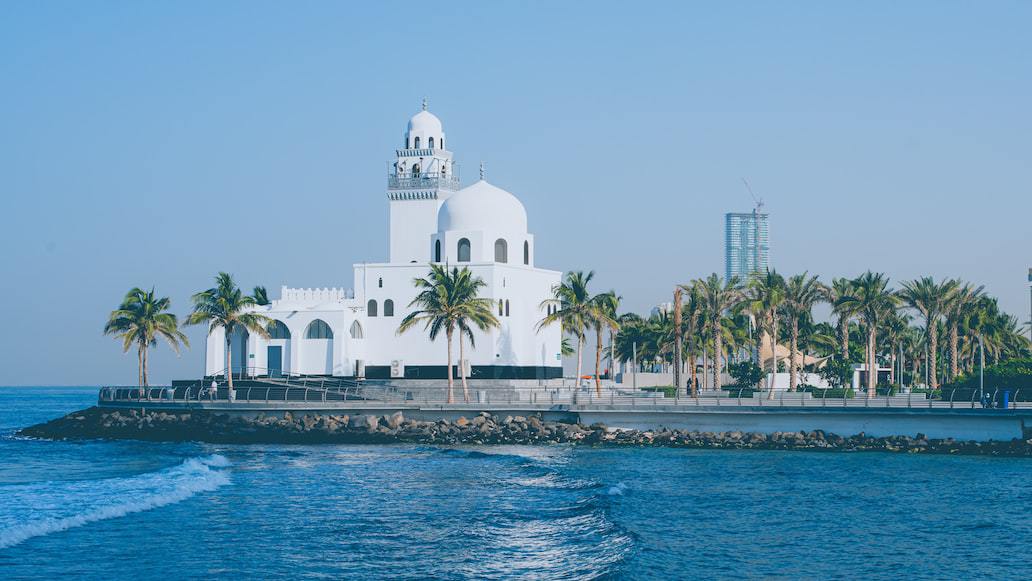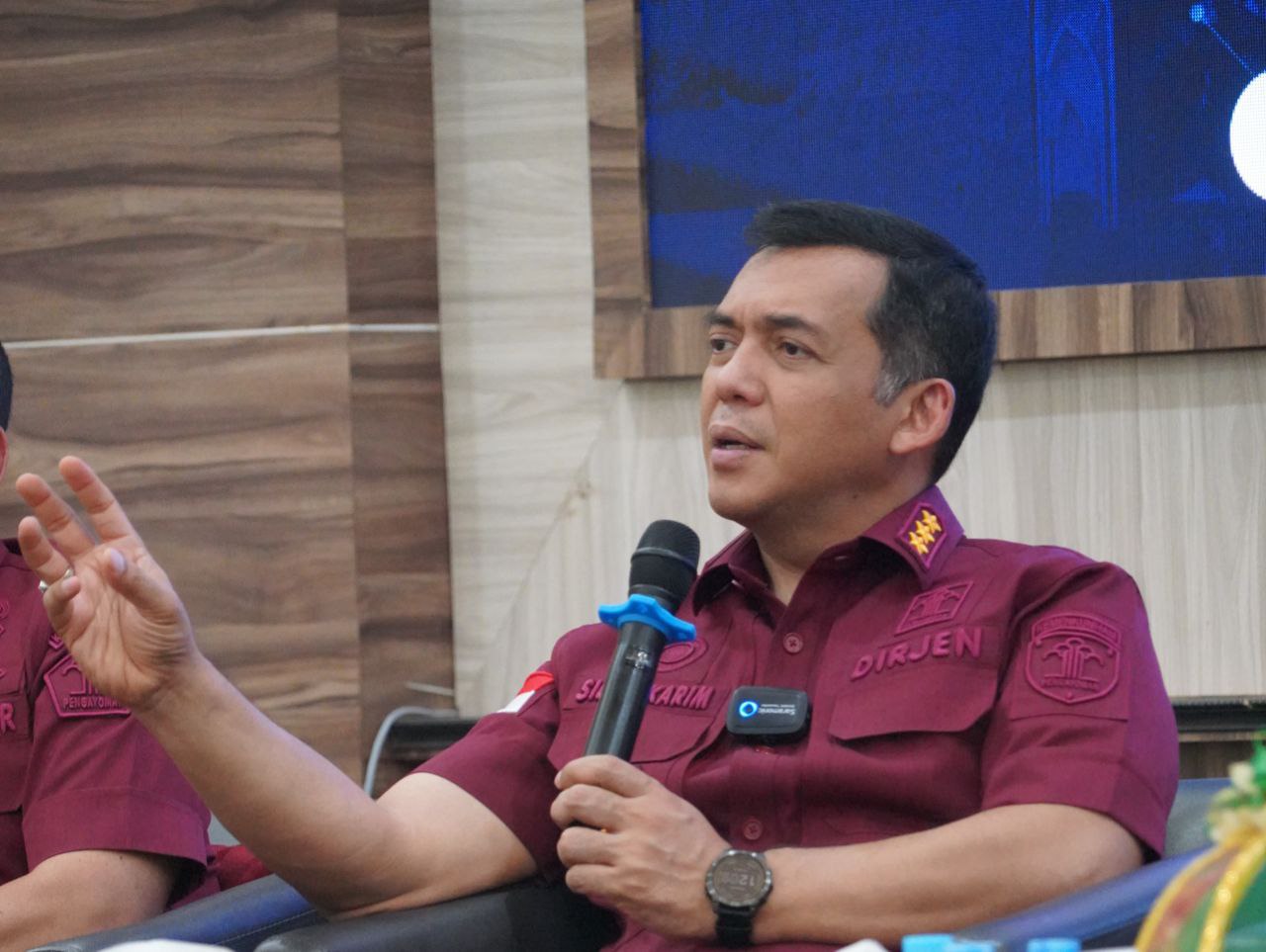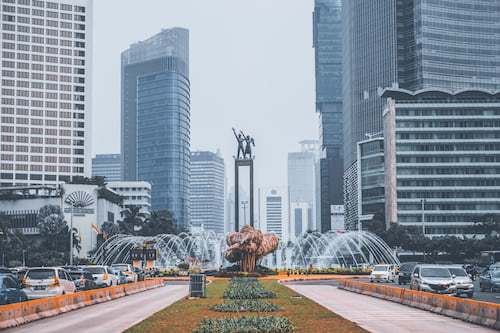Product License Holder in Indonesia
Being a product license holder in Indonesia involves navigating a complex regulatory landscape while ensuring compliance with local laws and standards. Understanding the responsibilities and processes associated with holding a product license is crucial for businesses operating in Indonesia.
Importance of Obtaining a Product License Holder
Securing a product license in Indonesia is a legal requirement for businesses intending to manufacture, distribute, or import products. This license ensures that the products meet safety, quality, and regulatory standards set by Indonesian authorities. Without proper licensing, businesses risk facing penalties, including fines or even the suspension of operations.
Process of Obtaining a Product License Holder in Indonesia
The process of acquiring a product license in Indonesia involves several stages. Initially, companies need to identify the specific type of license required based on their product category. Subsequently, they must compile necessary documentation, which may include product details, manufacturing processes, safety assessments, and compliance certificates. Submitting these documents to the relevant government agencies for review and approval is a crucial step in obtaining the license.
Compliance and Renewal Responsibilities
Upon obtaining a product license in Indonesia, it’s crucial for holders to uphold regulatory compliance, including product registration. This involves regular audits, thorough product testing, and a commitment to staying abreast of any alterations or advancements in regulatory mandates. Furthermore, product licenses come with expiration dates, mandating timely renewal to sustain seamless business operations. This comprehensive approach, encompassing both product registration and license maintenance, is integral for ensuring continued adherence to Indonesian regulatory standards.
Challenges and Advantages of Being a License Holder in Indonesia
Becoming a product license holder in Indonesia presents both challenges and advantages. While the stringent regulatory environment can be challenging to navigate, especially for newcomers, having a valid license establishes credibility and trust among consumers. It also demonstrates a commitment to product quality and safety, potentially enhancing market competitiveness.
How can Double M help?
Achieving the status of a product license holder in Indonesia requires a comprehensive grasp, precise adherence, and continuous dedication to regulatory norms. Double M, equipped with expertise in this field, ensures businesses can follow the essential procedures, maintain adherence, and remain informed about ever-changing regulations. This approach enables companies not just to secure and uphold product licenses but also to establish a credible standing within the dynamic Indonesian market.









